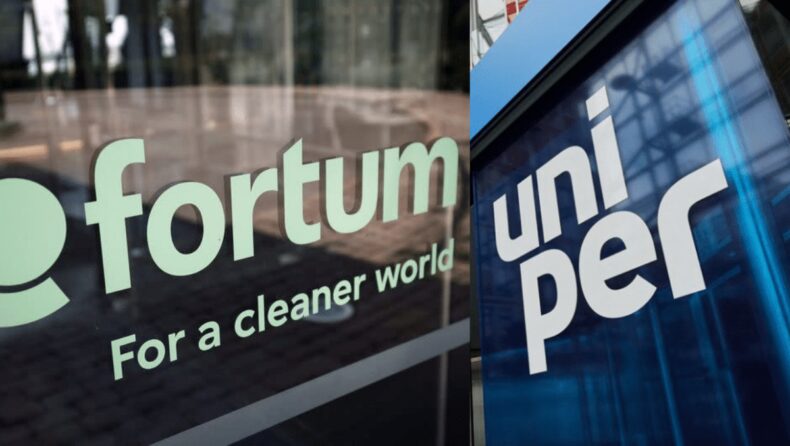Germany decided to nationalize gas giant Uniper by signing a deal to buy a 99% stake in the state-owned Finnish utility Fortum’s stake Uniper for about 500 million euros.
This is being seen as a part of the country’s gradual shift toward stage two of their three-stage emergency plan to cope with the gas shortage. Germany moves to the ‘alarm stage’ as a part of their preparation to be able to get along with Russia’s threat to an absolute shut of Natural Gas to G7 countries. Read more
The Group of Seven (G7) is an inter-governmental political forum consisting of Canada, France, Germany, Italy, Japan, the United Kingdom, and the United States. In addition, the European Union is a ‘non-enumerated member. Its members are the world’s largest IMF advanced economies and liberal democracies.

This situation is all a part of the Global oil crises that followed the Russia-Ukraine War. As a result of growing political tension between the US, Europe, and Russia, there was a declaration of cutting down on gas exports, and the price of gas which still continued to flow out of Russia would be bought with a much-unanticipated rate hike.
Germany is one of the largest buyers of Russia’s natural gas, its dependency on Russian gas imports accounts for a substantial percentage of the country’s total gas consumption.
Earlier this year, in the month of July, the German government bought 30% of Uniper to secure resources for the country for the coming winters as a part of a 15-billion-euro ($14.9 billion) bailout.
With the increasing pressure to make both the ‘gaseous’ ends meet, the German government went ahead buying a 99% stake in Uniper, nationalizing the company, after the Russian president Vladimir Putin announced the partial mobilization of military troops in Ukraine.
Ever since the Ukraine crisis, the price of oil and gas increased dramatically across the world eventually bringing palpation in the global economy and triggering many other crises.
This move of Germany is to be watched as an effort toward reducing their reliance on Russian pipeline imports and securing enough gas that can keep up with the country’s overall gas demands for the oncoming winters.












